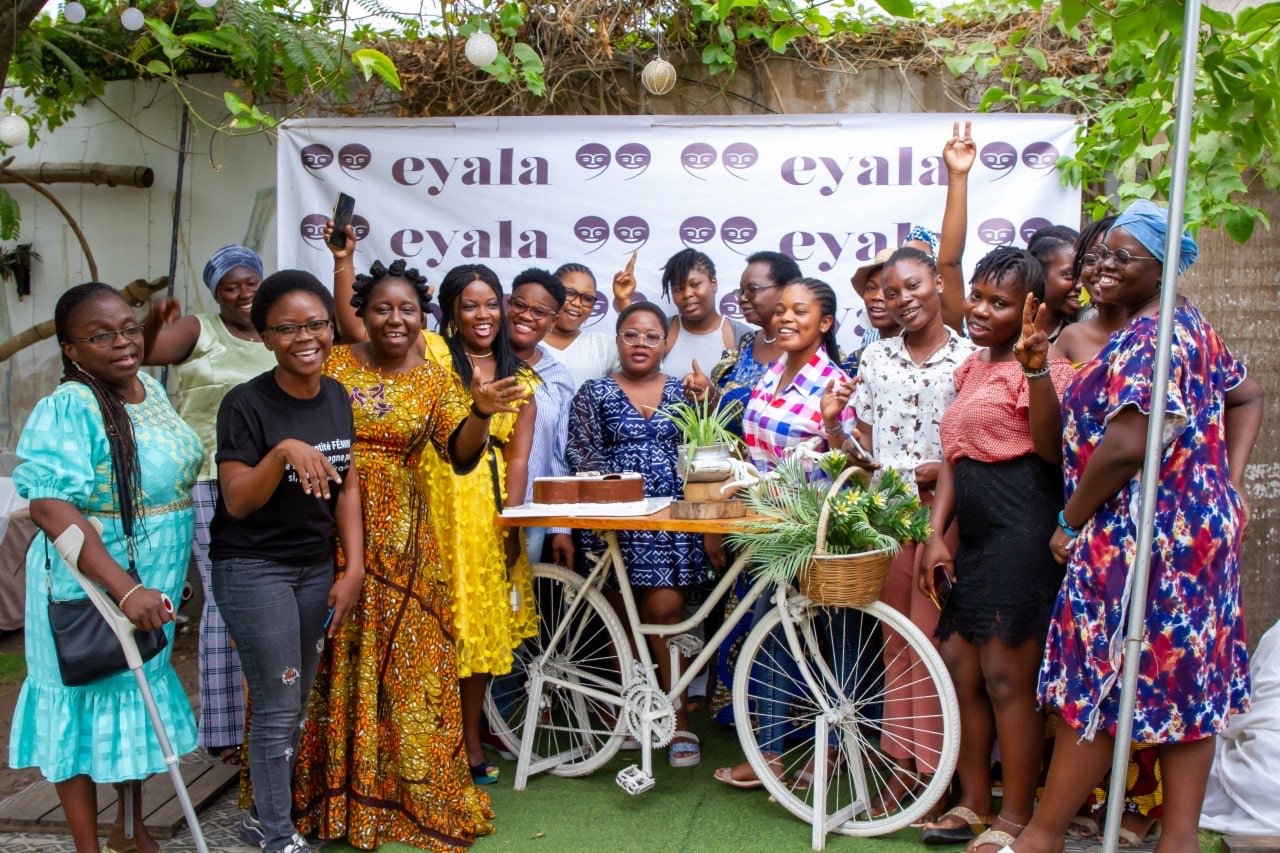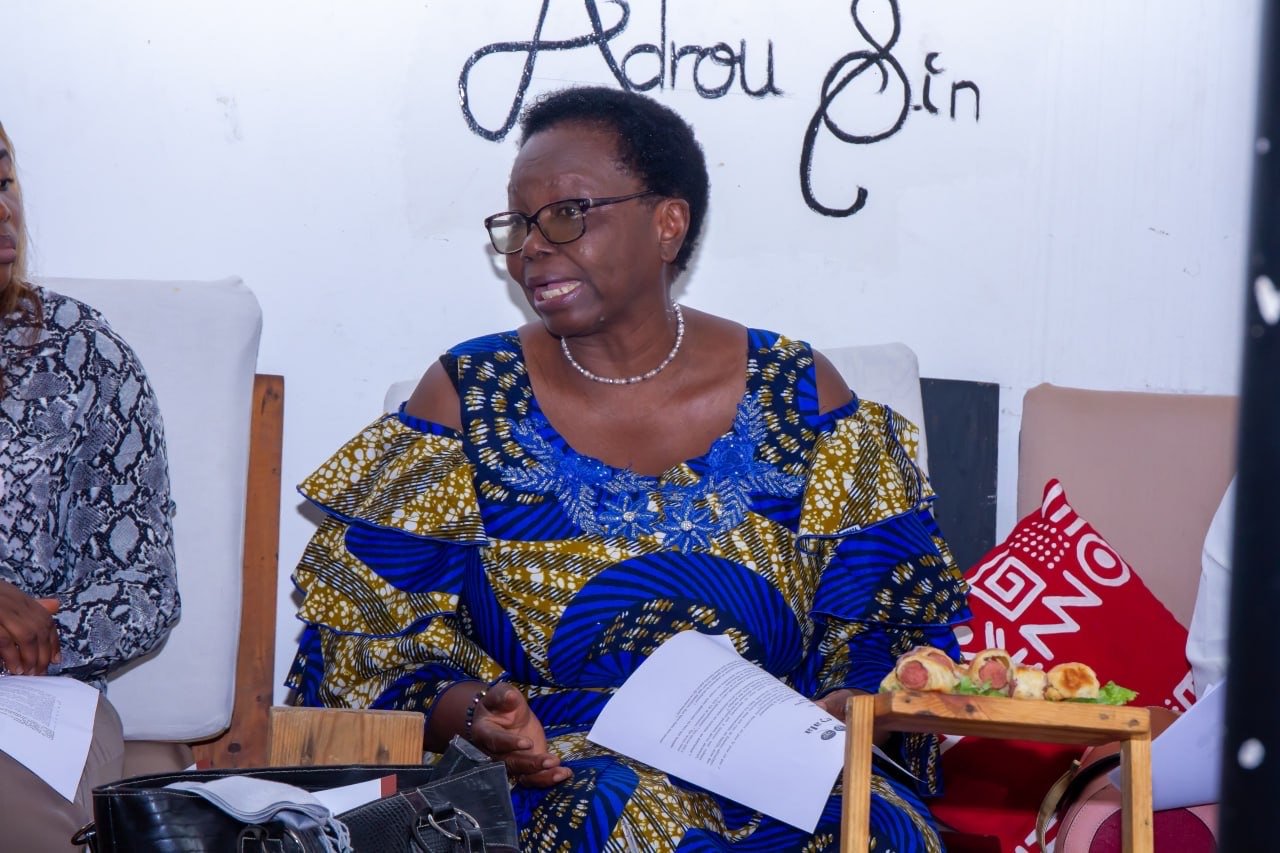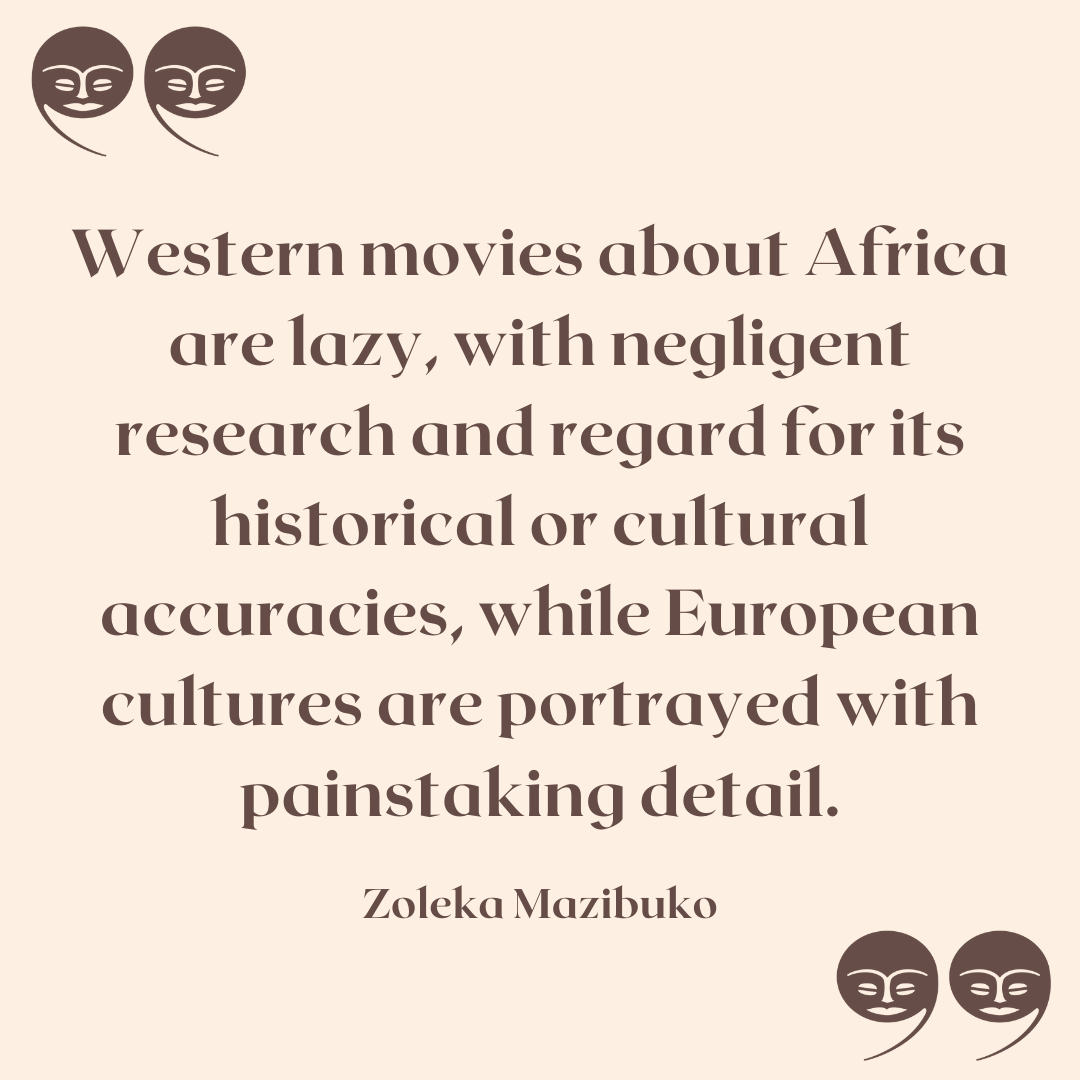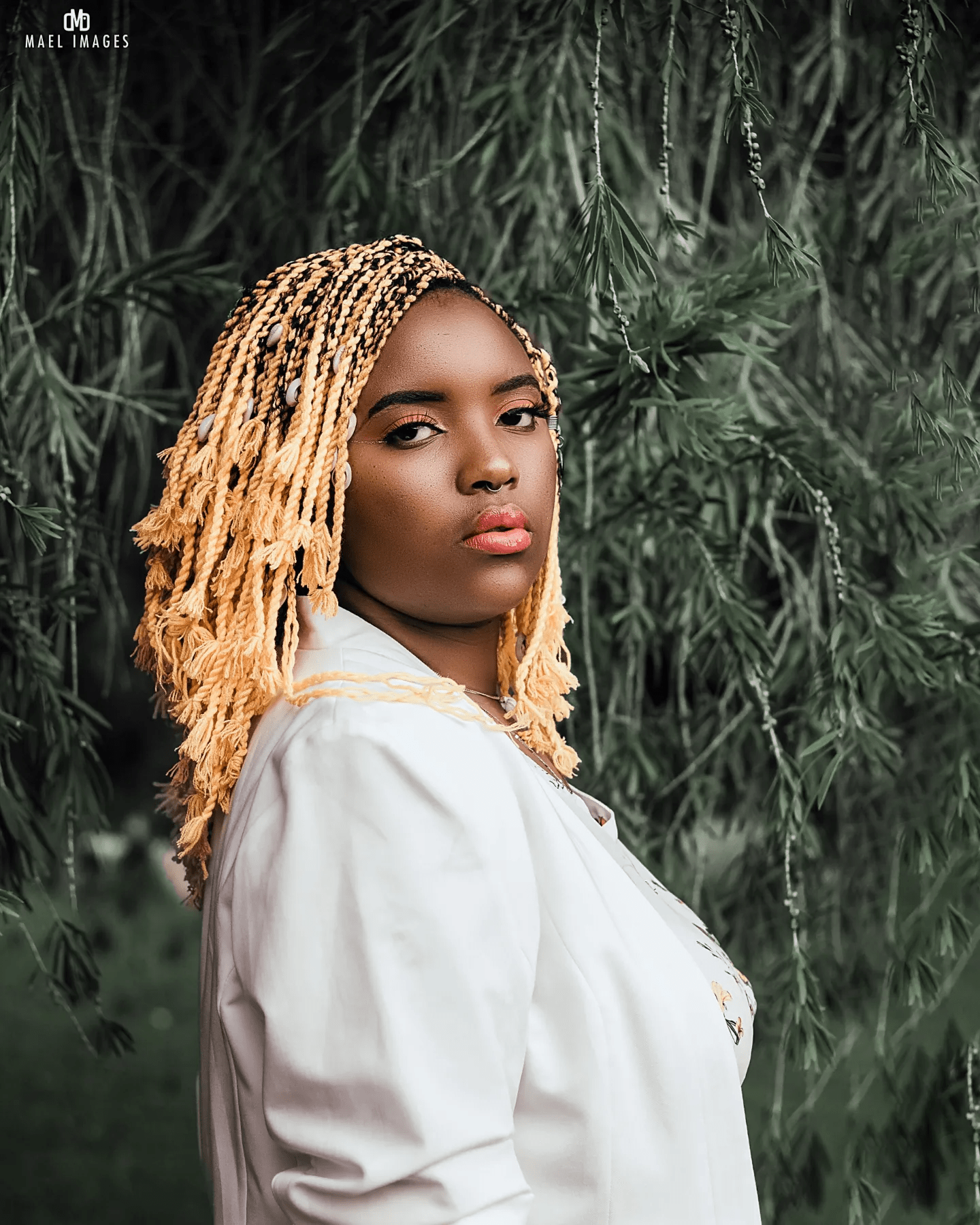"My introduction to feminism was not a formal one" - Chilufya Nchito (Zambia)
/My name is Chilufya and I’m glad - more than glad - I am thrilled to be joining the EYALA team. And perhaps as an introduction to myself it would only be right to give a bit of background into who I am and what makes me me.
I’m a feminist from Zambia, a little unknown country in Southern Africa that is home to one of the seven natural wonders of the world, the Victoria Falls locally known as the Mosi-Oa-Tunya Falls. I am a feminist and have worked in the feminist space for a few years now, and it is my life’s passion.
I almost got married last year… maybe that’s not a helpful way to begin. My best friend Emje got married. I was part of her traditional negotiation ceremony, and this was a first for me. Her sisters, their house help, and I huddled in the kitchen eavesdropping and gossiping as her fiancé and his entourage arrived at the house. Her mum and her entourage were in the living room ready to receive the guests.
As soon as they were done with the introductions, her mum came to the kitchen to let us know what our role would be. We (all the ladies in the kitchen) would have to be presented before her fiancé and his family for him to pick the girl he had come to officially propose to. For me this was both exciting and nerve wrecking. The idea that I could be part of someone’s big day in my own small way meant so much. I joked about what would happen if he accidentally chose one of us and not the designated bride.
The identifying ceremony itself was uneventful. We entered the room and sat facing the crowd like a lineup of offenders. Our heads were bent, we folded our arms and none of us dared to look into anyone’s eyes. The fiancé was escorted into the room by his uncle and asked to identify his betrothed. He eagerly tapped my friend on the shoulder, and just as quickly as we entered the room, we were ushered out. There were no fireworks, no drums, not even ululations. Now the grownups were left to discuss the finer details of capital as we once again huddled in the kitchen and went on with our gossip.
Marriage is a large part of life, but specifically in Africa, Sub Saharan Africa, Zambia, Lusaka, to be precise, perhaps it is everything. It is what shapes one’s life, the decision to wed - or God forbid not to - shapes so much of one’s experience. To choose a partner or perhaps to be chosen says a lot about your upbringing, your stock, about what really matters in your life. As a woman it seems your life has been a series of decisions that has led to you saying the important words “I do”.
When I was young, I remember being in my grandmother’s kitchen and there was a boiling pot of oil on the stove. I reached to grab the pot and my aunt exclaimed. She asked what would happen if that pot of oil fell on me; which man would marry me? You see, I am stock; really, I am prized cattle. I need to be kept fresh like produce at the market, sprinkled with water every so often to entice customers and let them know I am newly harvested and ready to be consumed. My aunt, in her late thirties at the time, could take the risk of taking the boiling pot from the stove. She had been picked and was no longer on the shelf. There was no risk for her, except perhaps the superficial fear of being burnt by a boiling pot of oil.
To be anywhere from your mid to late thirties and not have been picked is a precarious position to be in. By that time perhaps, the hand that sprinkles water to entice buyers has grown weary. Your chibwabwa[1] is going stale and who knows if dried vegetables are to everyone’s taste. Perhaps with pounded nuts in fisashi[2] but again, so many are allergic to nuts.
The idea of wanting or waiting to be picked has always made me uncomfortable, firstly for the obvious reason that women are not stock. We are not helpless bystanders in the highway of our lives hoping to be noticed by men, but also marriage is not the sole purpose of our lives. We are multifaceted beings, and to reduce our lives to the single experience of having companionship is a disservice.
Being a feminist despite all the work and progress that has been made in the field and on the continent is a risk. It is to wear the scarlet letter F embellished on one’s forehead. It is to be a rebel, to stand against the crowd. This idea has always baffled me. I have no qualms being a rebel but the idea that because I fight for women’s rights, I am a radical, I have always found comical. Marriage is such a political concept and so many people see the idea that a woman can be in her 30s, unmarried and a feminist as a political stance. It was not one I wished to make though, but I do hope that we can have more meaningful conversations around marriage especially as feminists. To deconstruct the long held and often harmful beliefs around who we are, our worth, beauty and who we choose or don’t choose to marry.
The feminist mantra that the personal is political rings true. Who and how we choose to be coupled as feminists should matter. We should deeply interrogate long ingrained ideas that perhaps have been passed from parents or the larger community. Our feminist politics should reflect in all aspects of our life.
With heavy trad wife content being peddled on social media and the world’s general turn to fascism and ‘traditional’ politics, I am finding that going back to the basics of our feminism is important now more than ever. While theorising is needful, I am finding that our personal feminist politics and ideals are really the cornerstone of our movement. The way we choose to live or not live our everyday lives is really what makes us feminists. The music we choose to listen to, the artists we choose to cancel or not etc.
With my time at EYALA, I hope to delve into these personal and political waters. To discuss how capitalism has disrupted how we view connections, what it means to be beautiful, why marriage is still seen by many as a woman’s ultimate goal but more importantly, to identify how we can build strong feminist networks and connections.
My introduction to feminism was not a formal one. I was a young twenty-something year old who, after growing up in an African and Christian home, discovered that there was a word for the imbalance I saw in the way I was treated compared to the male folk around me. There was also a heavy #MenAreTrash movement on the twitter streets, and I would be damned if I would not be found there. I followed the hashtag and read all I could on the subject.
That I get to work in this space is a privilege that I don’t take for granted. But more than that it is an extension of the personal feminist journey I fight every day.
[1] Chibwabwa is a local Zambian vegetable, pumpkin leaves.
[2] A local Zambian recipe where vegetables are cooked with pounded nuts.


























